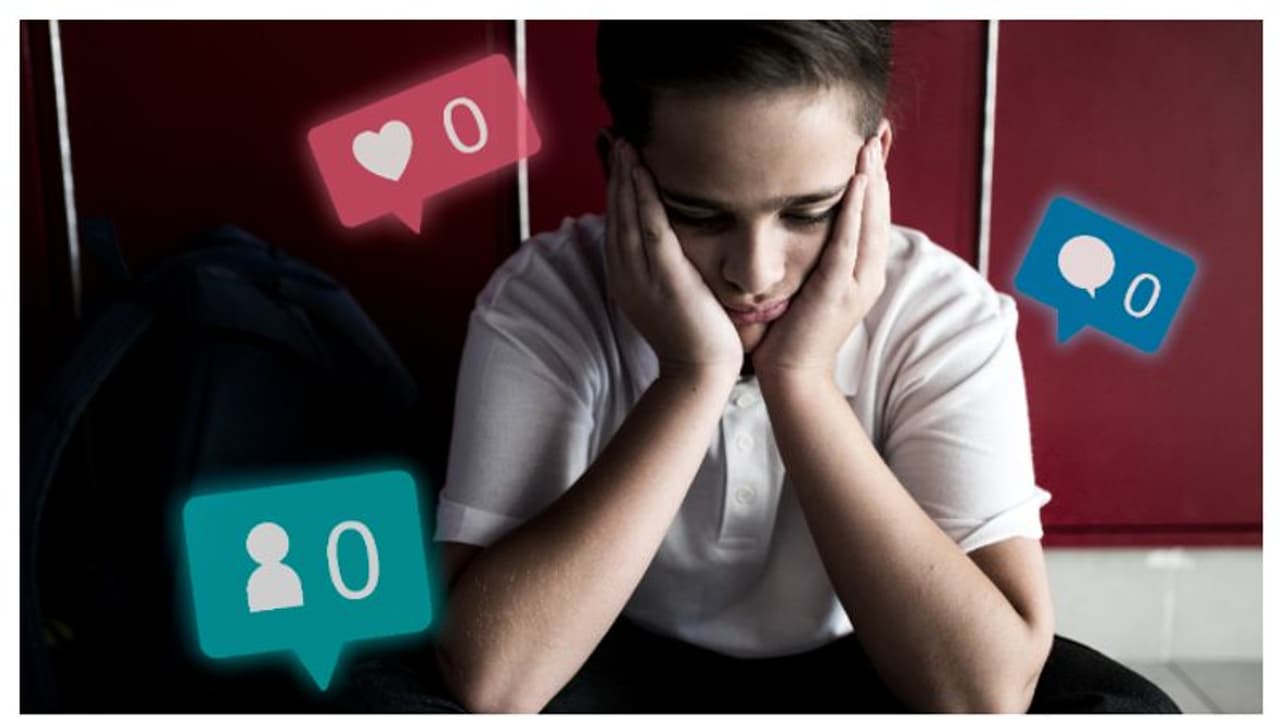It is essential to utilise social media with caution and moderation. Individuals can make more educated decisions regarding social media usage if they know its possible influence on mental health. Here are some ways social media platforms can impact mental peace and health

Social media can have both positive and negative effects on mental health. While it can be a valuable tool for connecting with others and accessing information, excessive or unhealthy use of social media has been associated with various mental health challenges. Social media can significantly impact mental health. Excessive use can lead to comparison, anxiety, and stress due to FOMO. Cyberbullying and online harassment can cause depression. Sleep disturbances and addiction are common. Body image issues and privacy concerns also contribute to mental health problems. Mindful use and seeking support are crucial for well-being.

Here are some examples of how social media might affect mental health:
- Comparison and Self-Esteem: Constant exposure to carefully curated and idealised posts on social media can lead to social comparison. People may compare their lives, appearances, and achievements to others, potentially leading to feelings of inadequacy and lower self-esteem.
- Anxiety and Stress: The fear of missing out (FOMO) and the pressure to constantly be connected can increase anxiety and stress. Social media can create a sense of urgency to promptly respond to messages and notifications, which can be mentally exhausting.
- Cyberbullying and Online Harassment: Social media platforms can be breeding grounds for cyberbullying and online harassment. Experiencing negative comments, trolling, or cyberbullying can significantly impact mental well-being.
- Sleep Disturbances: Excessive use of social media, especially before bedtime, can disrupt sleep patterns and quality. The blue light emitted by screens can interfere with the production of the sleep hormone melatonin.
- Depression and Loneliness: Paradoxically, despite the social nature of social media, excessive use can lead to feelings of loneliness and isolation. People may feel disconnected from real-life interactions and suffer from "virtual" relationships.
- Addiction and Impulse Control: Social media can be addictive, leading to spending excessive time on these platforms. This addiction can interfere with daily life, work, and relationships.
- Body Image Issues: Exposure to idealised body images on social media can contribute to body dissatisfaction and body image issues, particularly among young adults and teenagers.
- Information Overload: The constant influx of news, opinions, and information on social media can be overwhelming, leading to cognitive overload and mental fatigue.
- Privacy Concerns: Social media platforms collect and store vast amounts of personal data, which can lead to concerns about privacy and identity theft, causing stress and anxiety.

It's important to use social media mindfully and in moderation. Awareness of its potential impact on mental health can help individuals make informed choices about their social media usage. Setting boundaries, taking breaks, and seeking support from friends, family, or mental health professionals when needed can also contribute to a healthier relationship with social media and improved mental well-being.
